As one who has struggled with chronic digestive issues for over a decade, I have learned a thing or two about the relationship between food and the gut. I have spent the last 2 years experimenting with several types of diets, and I have found the Paleo lifestyle to work really well for me. My body seems to thrive on clean animal protein, fresh vegetables and a lot of healthy fats.
However, as I was healing my gut, I found that there were some healthy Paleo foods that needed to be avoided until my digestive system was functioning better.
If you’re struggling with digestive issues and you’re following a Paleo diet, try avoiding the types of foods below for 30 days. While all of these foods are Paleo-approved and very healthy, they tend to cause problems for those with digestive issues. [tweet_quote] While certain Paleo foods are healthy for most, they may be the cause of your gut issues.[/tweet_quote]
Everyone is different and everyone’s digestive system is different. So, while one person with IBS can tolerate coffee, another person may have horrible reactions to it. Same goes with any of these foods.
Do you struggle with bloating, gas, constipation, or other digestive issues? We’ve created a FREE guide to healing your gut naturally. Click here to get your copy!
That’s why removing all of these foods for 30 days and adding them back in one at a time can help you determine which foods serve your body and which foods cause reactions.
Nuts and Seeds
Nuts and seeds are common allergens and they can be very difficult to digest. Nuts and seeds contain phytic acid which is the storage form of phosphorus, and humans are unable to digest it. It binds to minerals like iron and zinc and prevents us from absorbing them. Phytic acid also binds to enzymes we need to digest our food. Since those with digestive issues already have impaired digestion, nuts and seeds can make the problem worse. If you do eat nuts and seeds, it’s important that you soak them overnight to remove the phytic acid.
Raw Fruits and Vegetables
Raw fruits and vegetables with the skin are very fibrous and tough to break down and digest. Knowing that you can get more nutrients from raw fruits and vegetables vs. cooked, I always wanted to eat large salads with lots of veggies. However, I would feel miserable afterward. Peeling and cooking your vegetables helps break them down so they are easier to digest. Depending on the severity of your digestive problems, you may need to peel, cook, and puree your fruits and veggies for a period of time until your gut starts to heal. You can also see how you tolerate fresh-pressed vegetable juice. The juice extracts the hard-to-digest fiber, yet you are still left with the beneficial nutrients.
Coffee and Caffeine
While high quality organic coffee can be a healthy beverage of choice, it is not always best for those with digestive problems. For some, coffee can cause cramping, diarrhea, and even constipation. If you’re suffering from these symptoms, coffee could just exacerbate them. Additionally, coffee contains caffeine which could be problematic for those with chronic digestive problems. Often time those with digestive issues like IBS, IBD, or leaky gut also have adrenal problems. Caffeine can stress the adrenals even more which just adds fuel to the fire. The key is to strengthen your adrenals, heal your gut, and then try adding coffee and other caffeinated beverages back in slowly.
FODMAPs
Avoiding high FODMAP foods has been particularly helpful for those with SIBO (small intestinal bacterial overgrowth). FODMAP stands for Fermentable Oligosaccharides, Disaccharides, Monosaccharides, and Polyols. FODMAPs are short-chain carbohydrates that are poorly absorbed in the small intestine. Healthy foods like Brussels sprouts, cauliflower, garlic, onions, and apples are high in FODMAPs. These foods can ferment in the gut and worsen IBS symptoms. Click here for a FODMAP food guide.
[tweet_quote] Brussels sprouts and cauliflower can ferment in your gut, worsening your stomach problems.[/tweet_quote]
If you’ve been following a Paleo diet for some time and still don’t feel better, try eliminating these foods for 30 days. After 30 days add one food back in every 3 days and evaluate how you feel.
It’s also important to uncover the root cause of your digestive issues. Typically, when diet alone doesn’t work, there is something else going on such as an infection. If you’d like to take part in a more extensive gut healing program, then check out my Heal Your Digestion Online Program.
(Read This Next: The Ultimate Guide to Perfect Digestion)


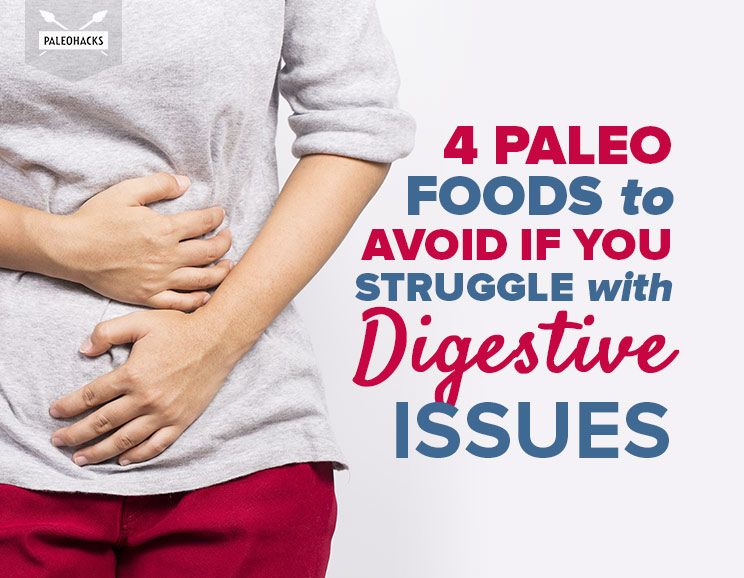
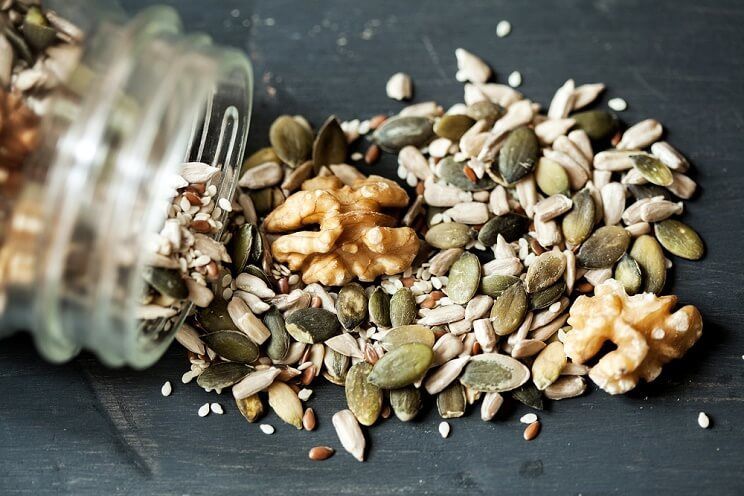
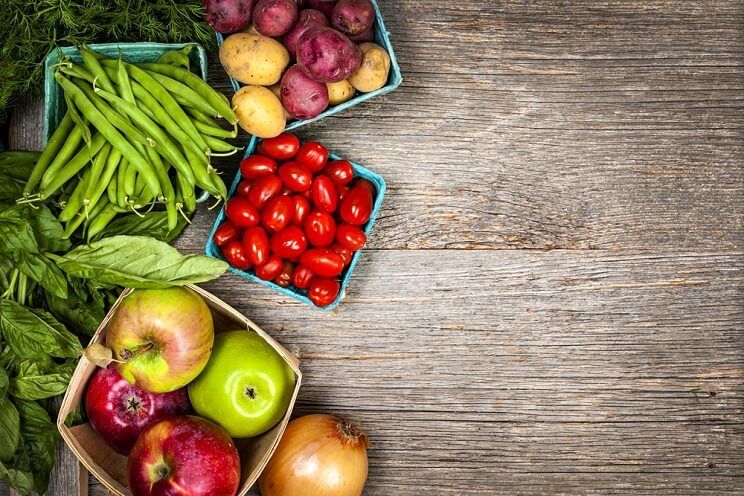
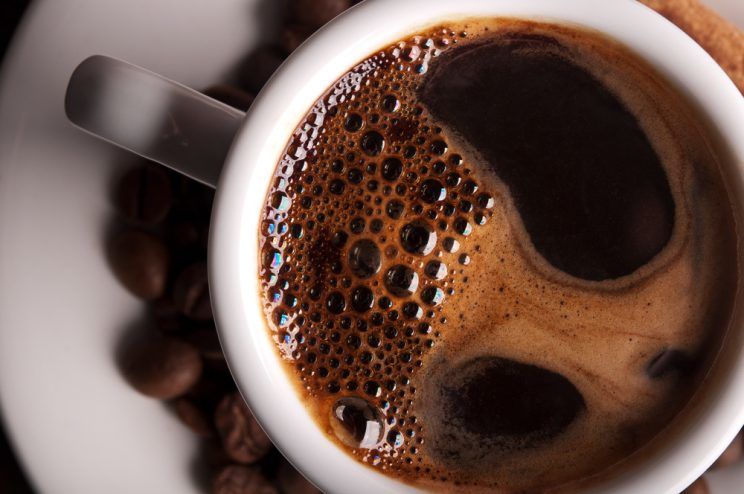
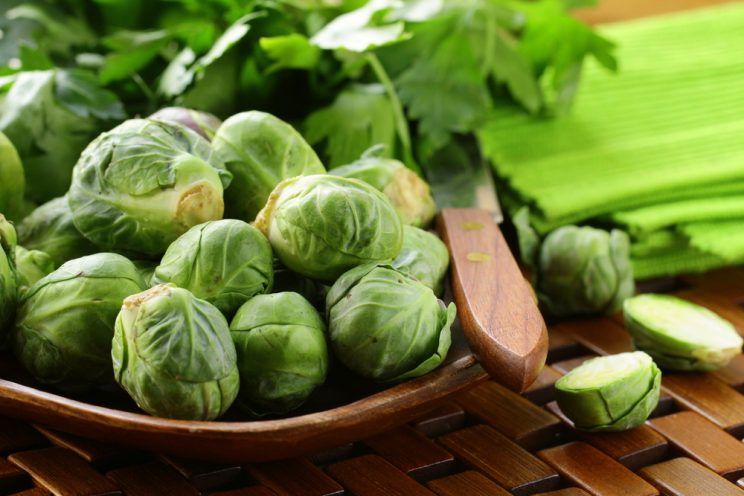
 Spinach: A Salad Essential
Spinach: A Salad Essential

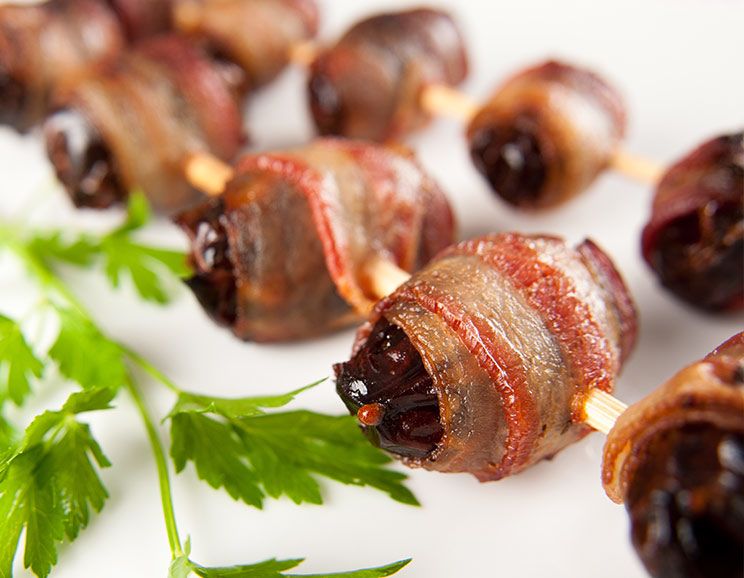

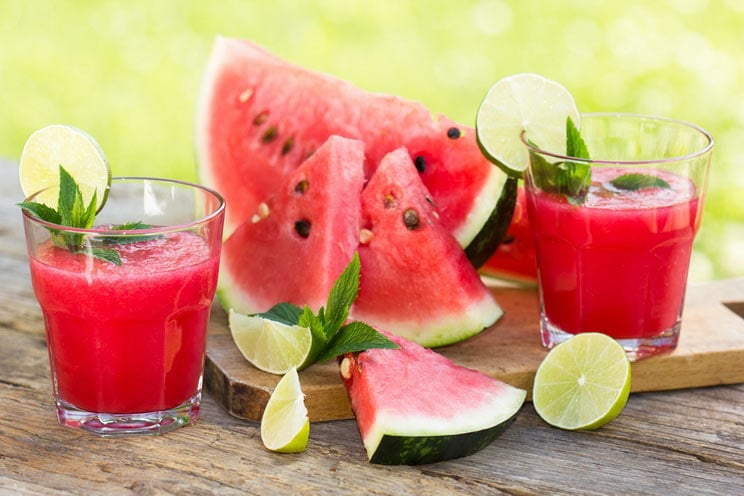
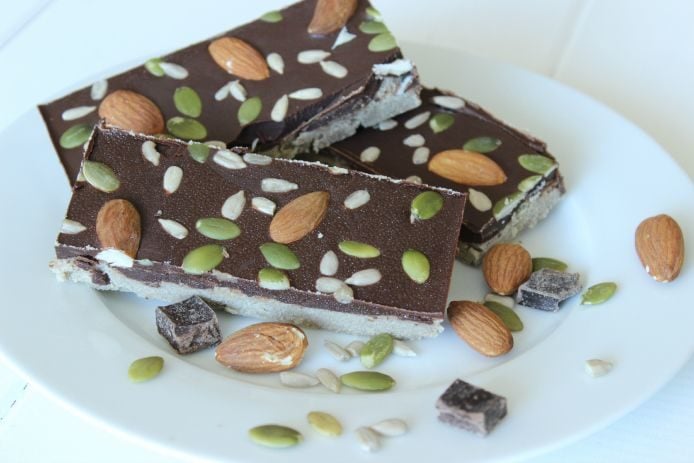

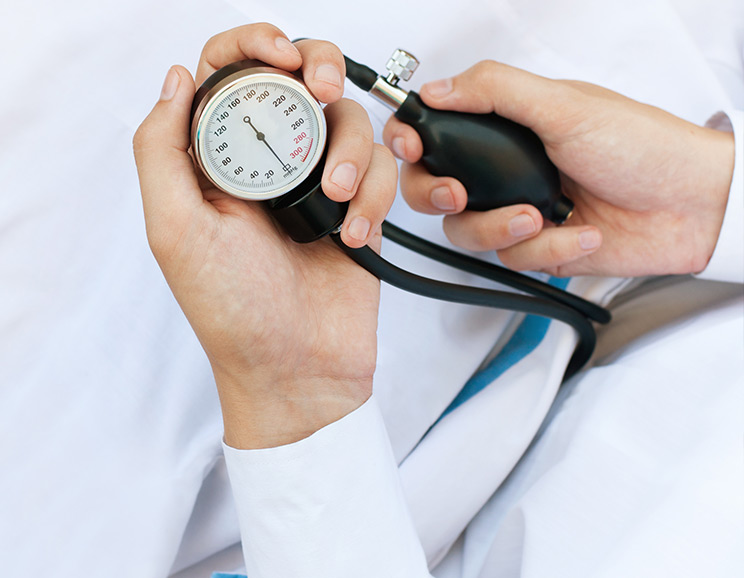
Show Comments